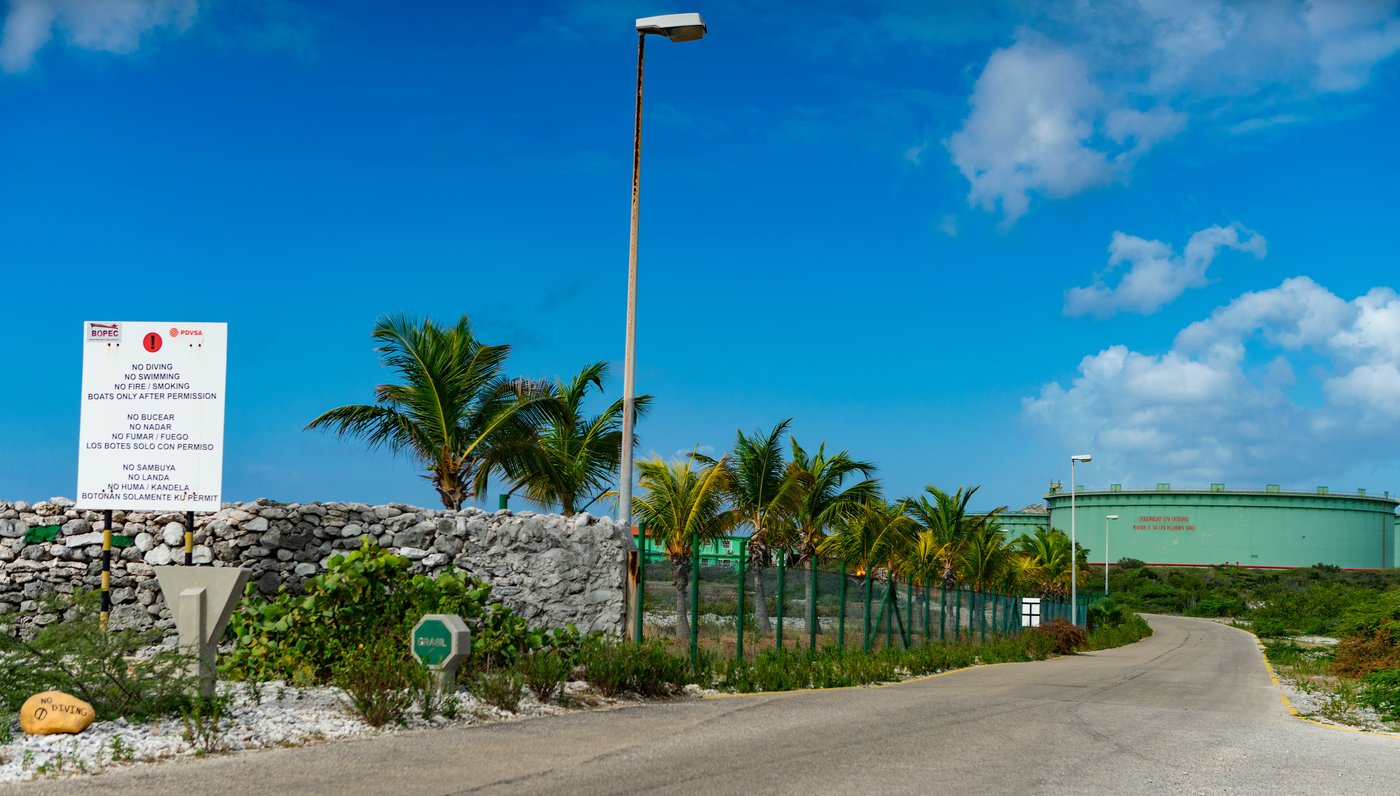Elevate your local knowledge
Sign up for the iNFOnews newsletter today!

THE HAGUE, Netherlands (AP) — A farmer, a prison guard, and a teacher were among residents of the Dutch Caribbean island of Bonaire to speak in a Hague courtroom Tuesday and accuse the Netherlands of not doing enough to protect them from the effects of climate change.
The case, backed by Greenpeace, follows a series of international landmark rulings that found governments have broad obligations to protect their citizens from increasing temperatures and rising sea levels.
Farmer Onnie Emerenciana flew 4,000 miles to tell the judges how warmer temperatures and drought have impacted his livelihood and reduced crop yields. The 62-year-old also said that for those who can’t afford air-conditioning, summers have turned their places into “prisons of concrete,” and demanded the Dutch government do more to help the self-governing island and former Dutch colony.
Bonaire, along with two other islands, St. Eustatius and Saba, became special Dutch municipalities in 2010. The island’s 20,000 residents are Dutch citizens.
The Netherlands “presents itself internationally as a champion of ambitious climate policy. The problem is that the state is not putting its words into action,” lawyer Michael Bacon, who represents the plaintiffs, said in court.
Lawyers for the government say the country is making strides to combat climate change, citing greenhouse gas reductions and mitigation efforts. Ultimately, the state argues, addressing the problem is a matter for the government, not courts. The problem is “complex,” lawyer Edward Brans told judges, and can only be solved by “political decisions.”
The case is being heard at The District Court of The Hague, where the landmark Urgenda proceedings began more than a decade ago, and in 2019, the Dutch Supreme Court ruled in favor of climate activists and ordered the government to cut greenhouse gas emissions.
The Urgenda decision featured prominently in recent climate change decisions from the European Court of Human Rights and the United Nations’ highest court, the International Court of Justice. Judges. Both courts found that failing to combat climate change violated international law.
In the decade up to 2023, sea levels rose by a global average of around 4.3 centimeters (1.7 inches), with parts of the Pacific rising higher still. The world has also warmed 1.3 degrees Celsius (2.3 Fahrenheit) since preindustrial times because of the burning of fossil fuels.
The hearings will continue on Wednesday.
Want to share your thoughts, add context, or connect with others in your community?
You must be logged in to post a comment.